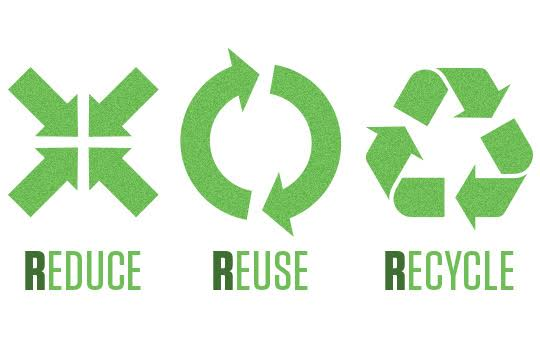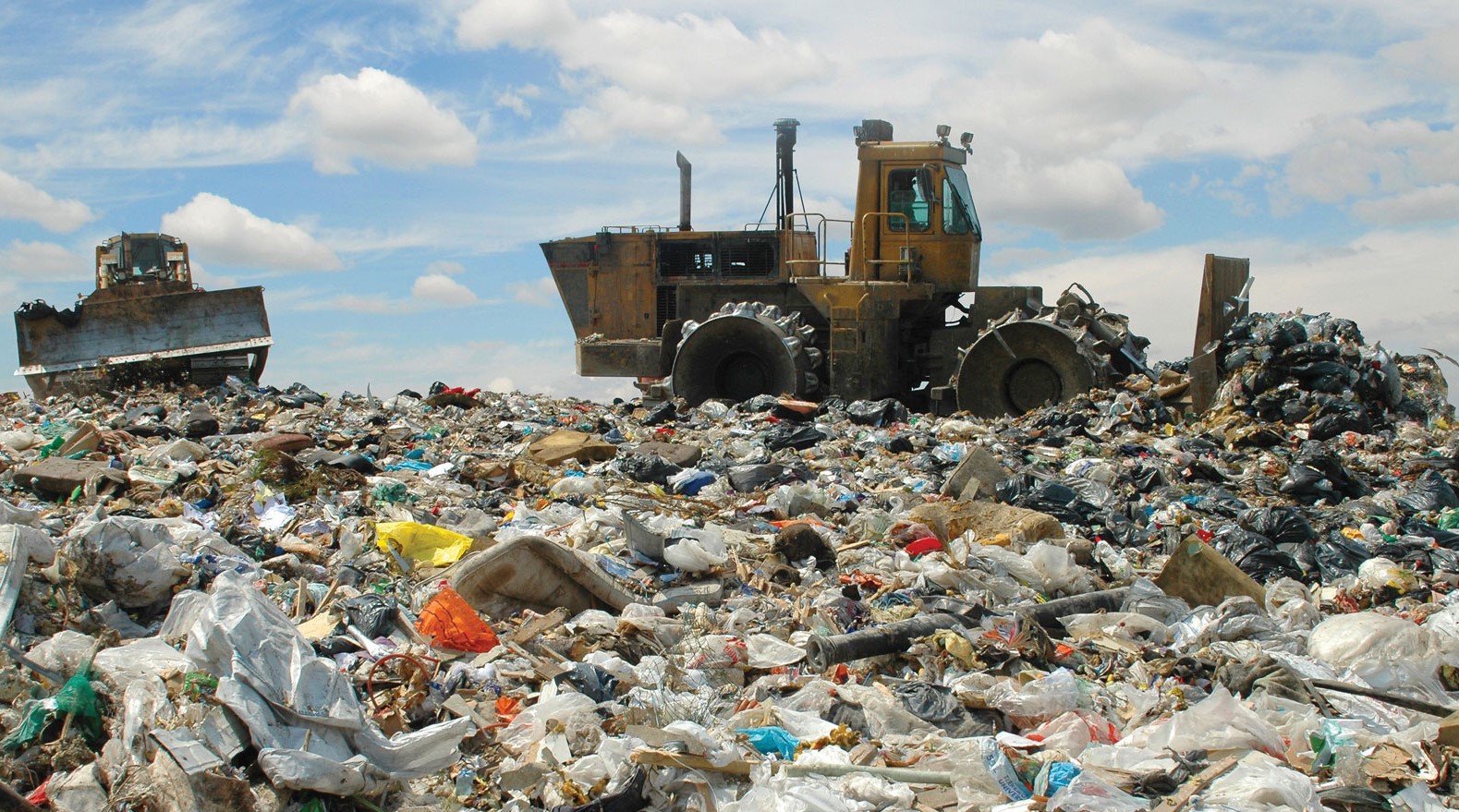
Solid Waste
Solid rubbish includes a large variety of items that may be found in households or commercial locations..
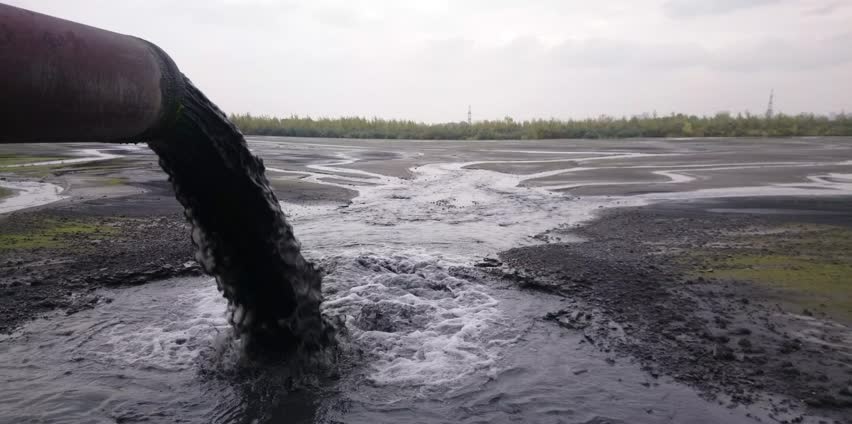
Liquid Waste
Liquid waste includes dirty water, wash water, organic liquids, waste detergents and sometimes rainwater. This waste is usually found in households, businesses, and mills.
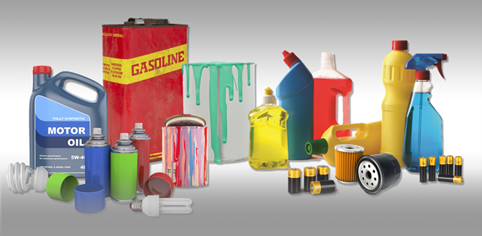
Hazardous Waste
Hazard waste refers to any waste that’s toxic, flammable, corrosive, or reactive. Such waste can be harmful to both you and the env.
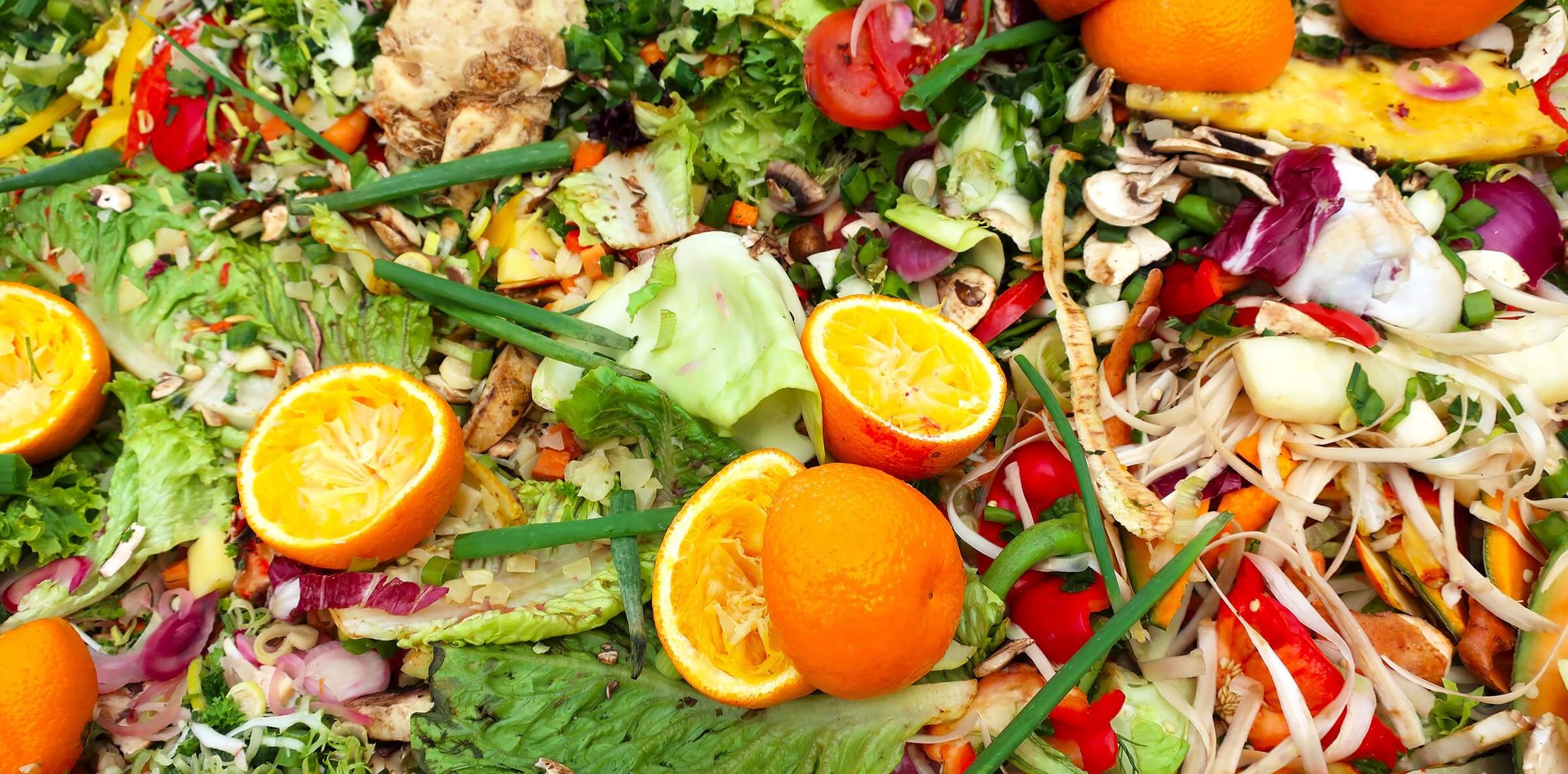
Organic Waste
Organic waste is also common in almost all households. This waste consists of food waste, garden waste, and so on.
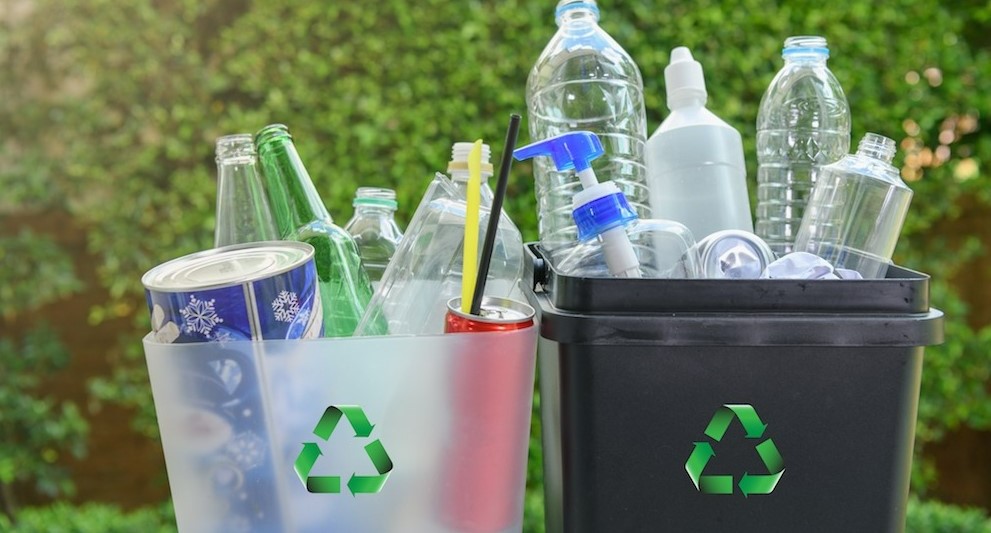
Recyclable Waste
As the name suggests, recyclable rubbish refers to all waste that can be converted to reusable products.








